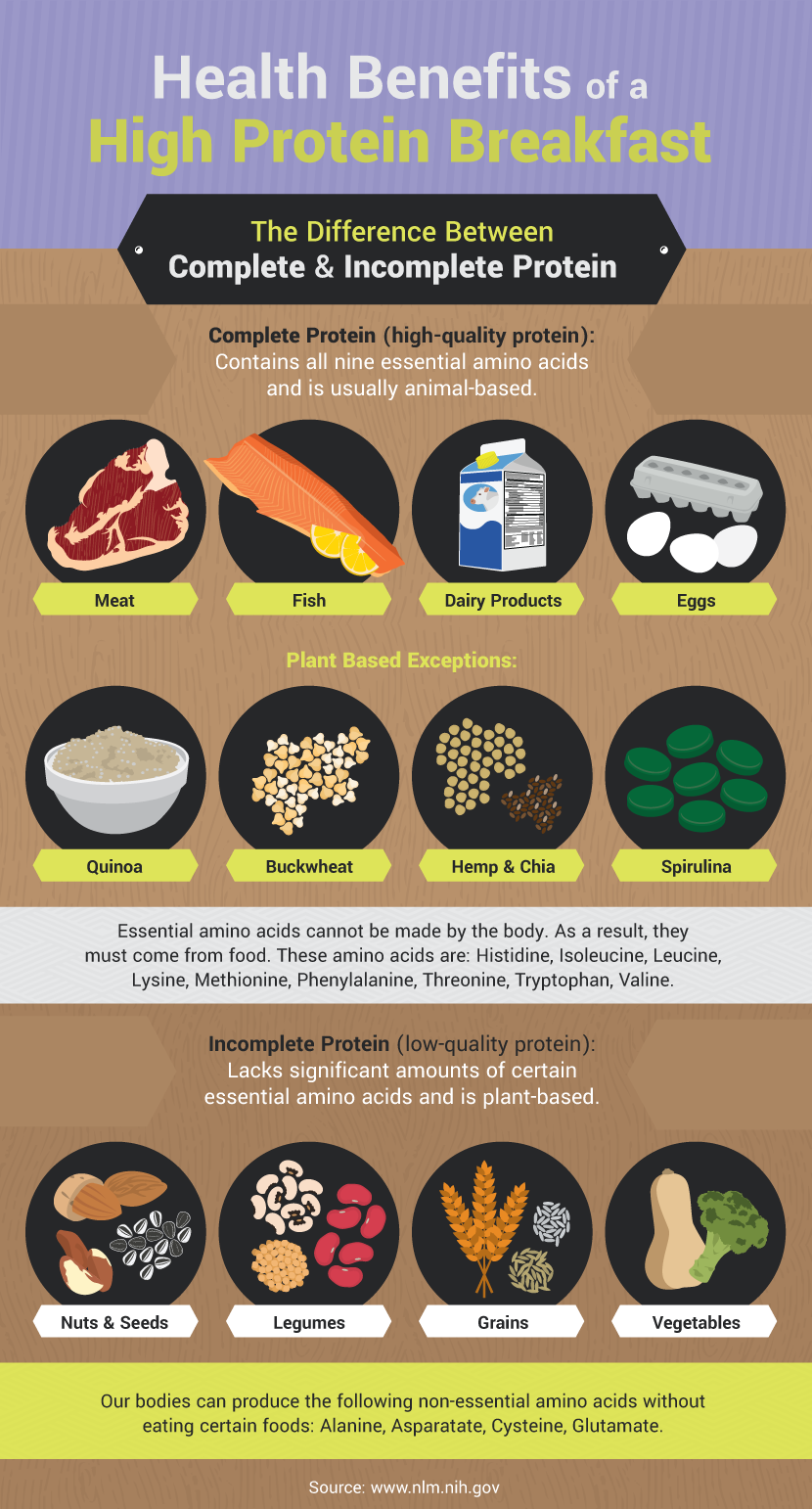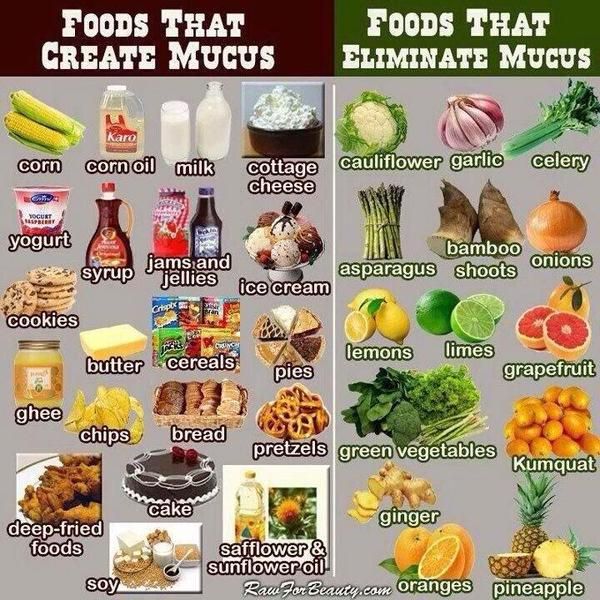
Diabetes control is the most important goal for diabetics. This can all be done through diet and exercise. To control blood sugar, insulin or oral medication are used. For insulin control, you should eat at least three small meals per day. Avoid empty calories such as soda and fast foods, which can spike blood glucose. This article will show you how these simple changes can improve your health.
Diabetes diets are high in fat and can increase blood glucose levels. If you are obese, your glucose level will be higher. Being overweight increases your risk of heart disease, and even cancer. It is important to eat a balanced diet high in fiber, low sodium, and cholesterol and be physically active. Consuming a limited amount of sugar, alcohol and processed foods is another important part of a diabetic lifestyle.

There are many ways you can get enough protein in your daily diet. High-quality proteins can be found in meats, fish, or poultry. Vegetarians are also allowed to eat soy-based meat, fish, and tempeh. For a healthy diet, it is important to eat a variety of colors. Even if you do not eat meat or dairy, you should make sure that you eat something with a high amount of proteins.
A healthy lifestyle includes a diabetic diet. A diabetic diet is important because people with diabetes are more susceptible to developing heart disease or stroke. A healthy diet can help increase life expectancy. It also lowers the risk of many other major health conditions. You can lower your risk of developing diabetes or high blood pressure by controlling your sugar levels. It will not affect the individual's efforts in controlling their disorder.
The objective of a diabetic diet, is to limit how much time someone spends sitting. This is important to control blood sugar levels. High blood pressure can make it difficult for someone to exercise. This is why they must be prescribed medication. Diabetes patients should not exercise more often than 30 minutes per day. Diabetes patients should avoid alcohol. In addition, one should consume more fruits and vegetables.

The ADA recommends a diabetic lifestyle that is low on fat and high in sugar. This diet should have low amounts of saturated fats, and sugar. Drinking 100% fruit juice is a wonderful idea. A diabetic should avoid sugary drinks such as "cocktails" and other sugary drinks. Instead, they should drink water and eat food. Diabetic patients should avoid sugar substitutes in soft drinks. A diabetic should also limit their intake of saturated fats.
FAQ
What's a good routine for a daily workout?
To stay fit, you need to exercise regularly. It doesn't make a difference what kind of activity you choose. As long as you do it often, it will be beneficial. Consistency is the key. For you to get results, you have to stick with it for a longer period of time.
Begin by walking for a few minutes each day. You can gradually increase the amount of exercise you do until you have 30 minutes each day. This could be running, biking, swimming or weight training.
You should try to ensure that you exercise most days of the week. Don't skip any sessions unless you have a valid reason for not attending.
You should wear the appropriate clothing and footwear if you are exercising outdoors. You should also consider the weather conditions that could affect your ability exercise safely.
When you exercise, drink plenty of fluids. It is best to avoid alcohol while you're exercising. Caffeinated beverages such as tea, coffee, and cola should be avoided. They may give you energy, but they will also dehydrate you.
It's common to feel tired after your first workout. You'll feel more energetic and refreshed if you keep going with your exercise program.
How many calories should I consume daily?
The exact amount varies depending on the person. On average, you need 2000 to 2500 calories per days. The factors that determine how many calories are needed for you include your gender, age, height, activity level, lifestyle, and gender.
How many times per week do I need to exercise?
It all depends on how much time and what kind of exercise you like. An average guideline is to do moderate-intensity aerobic activity 3 to 5 days per semaine. It's important that you don't overdo it. You will get the maximum benefits from your workouts if you do not exercise consistently.
Which exercises are most effective for me?
It all depends on your fitness goals. Some people are more focused on endurance activities such as running, cycling and swimming. Others enjoy lifting weights or using resistance bands. There are so many different types of exercise programs available today. Find the best option for you.
Is it true that kidney stones can be caused by overeating protein?
Protein helps maintain healthy bones and tissue. However, too much protein can result in calcium excretion through the urine. In turn, this can result in kidney stones.
It is important to remember that not all people get kidney stones from eating more than 2g protein per kilogram (2.2lbs) of body weight. High amounts of protein can be consumed by some people without causing kidney stones.
You can prevent kidney stones by watching your sodium consumption. Sodium regulates the water balance of the kidneys. A high level of sodium can increase the risk of developing kidney stone.
If you have kidney stones, you can reduce your intake of protein. The majority of adults need protein for half their daily caloric needs. You'll lose weight if you reduce your intake of protein.
If you do decide to eat more protein, don't go overboard. Try to eat less than 20% protein in total calories.
Statistics
- According to the American Academy of Dermatology (AAD), men over 50 are at a heightened risk of developing it. (healthline.com)
- By John Thompson Take a whopping 38% off a set of PowerBlock Pros. (menshealth.com)
- An estimated calorie range for moderately active adult males falls between 2,200 to 2,800 calories per day, depending on age. (eatright.org)
- Get free shipping and 25% off today. (healthline.com)
- The PRS enabled risk stratification for overall prostate cancer and lethal disease with a four-fold difference between men in the highest and lowest quartiles (HR, 4.32; 95% confidence interval [CI], 3.16-5.89). (pubmed.ncbi.nlm.nih.gov)
External Links
How To
What nutrients does a person need every day?
Healthy growth and development of men requires healthy nutrition. The body requires vitamins, minerals, proteins, carbohydrates, fats, water, fiber, and other essential elements.
The male body also requires specific nutrients at different times throughout the day. When you're sleeping, your body uses energy from food for hormones, proteins, and enzymes. When you wake up, your body uses protein to repair damaged tissue and build muscles.
At night, your body breaks down fat and stores the extra energy as glycogen. Your body requires fewer calories, but still needs enough nutrients. If you feel hungry, you can have a snack in the evening.
For your body to function properly, it needs adequate amounts of protein and carbs. After a hard workout, muscle soreness may occur.
To prevent this, you should eat carbs as well as protein within the first two hours after training. Your body will break down stored glycogen to provide glucose for energy.
After your workouts, you should eat protein immediately. This prevents the breakdown of muscle tissue that occurs while you sleep.
Your body can produce lactic acid during intense physical activity. It builds up in your bloodstream, which can lead to fatigue. This can be avoided by eating foods high in carbohydrates like fruits and vegetables.
Carbohydrates provide energy for your body to recover after strenuous exercise.
Your diet may include lean meats like fish, eggs, milk cheese, yogurt or beans as well as lean proteins such as fish, eggs, egg yolks, cheese, yogurt, bean, peanuts and seeds.
All of these foods contain high-quality protein. Protein promotes muscle growth and repairs damaged tissues. Protein also supplies the amino acids your body requires to make sex hormones, such as testosterone.
A healthy skin, nails and joints requires sufficient dietary fats. Healthy men need between 20% and 35% of their total caloric intake from fat.
Fat is good for your heart and helps you fight cancer. Your brain also functions properly thanks to fat.
Vegetable oils such as sunflower oil and soybean oil can provide most of your fat needs.
These oils contain high levels of monounsaturated fat acids (MUFAs). MUFAs are good for lowering cholesterol and reducing inflammation. They protect your cells from damage by free radicals.
Saturated fats (SFAs), are found mainly in animal products such as meat, milk products, and butter. SFAs raise LDL ("bad") cholesterol and increase triglycerides. They promote weight gain as well as belly fat.
Polyunsaturated oils (PUFAs), are found in plant-based foods like nuts, seeds and vegetable oils. PUFAs help improve cardiovascular function, and lower inflammation. They also help control blood sugar and cholesterol.
Erectile dysfunction is common in men with low HDL ("good") cholesterol. A high intake of saturated fats leads to higher levels of bad cholesterol.
Red meat and pork are a common source of prostate problems in men who eat a lot. When cooked at high temperatures, nitrates can be converted to nitrosamines. These compounds can cause lung cancer.
Most processed meats contain nitrites and other harmful chemicals. These chemicals should be avoided.
The American Heart Association suggests that no more than two servings per week of red meat should be consumed. Instead, choose poultry and fish, legumes, tofu or whole grain bread as your main source of protein.